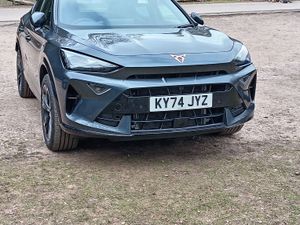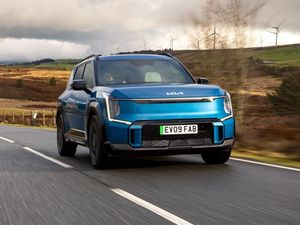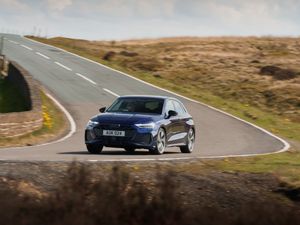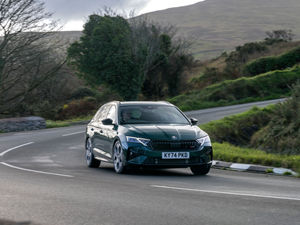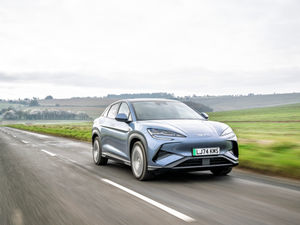First drive: BYD’s Seal U marks this firm’s entry into the plug-in hybrid SUV segment
The growing Chinese brand has high expectations with its Seal U, but can it cut it above its rivals from Europe and Japan? Cameron Richards finds out.
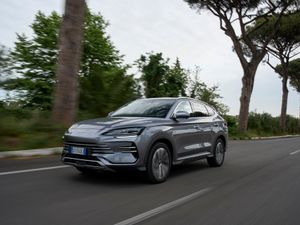
What is it?
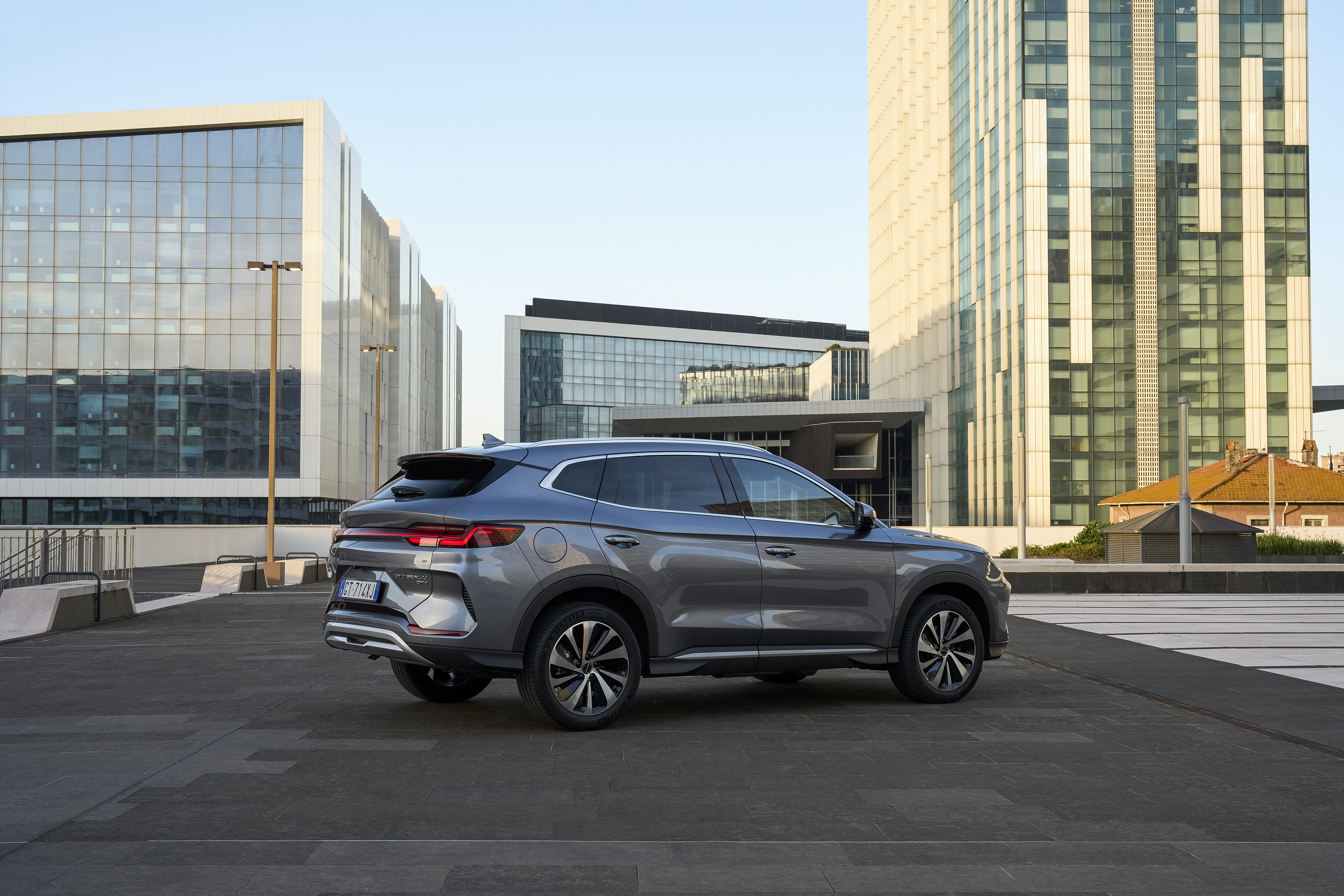
>
BYD is a relatively new brand here in the UK and the Seal U kick-starts the firm’s approach of offering a variety of vehicles with different powertrains.
We’ve been given a host of electric models such as the Atto 3, Dolphin and Seal, but now, the Seal U arrives as BYD’s first plug-in hybrid model to enter the line-up in the UK.
The Seal U is an SUV that will be going up against some stiff competition with the likes of the Volkswagen Tiguan and Honda CR-V.
What’s new?
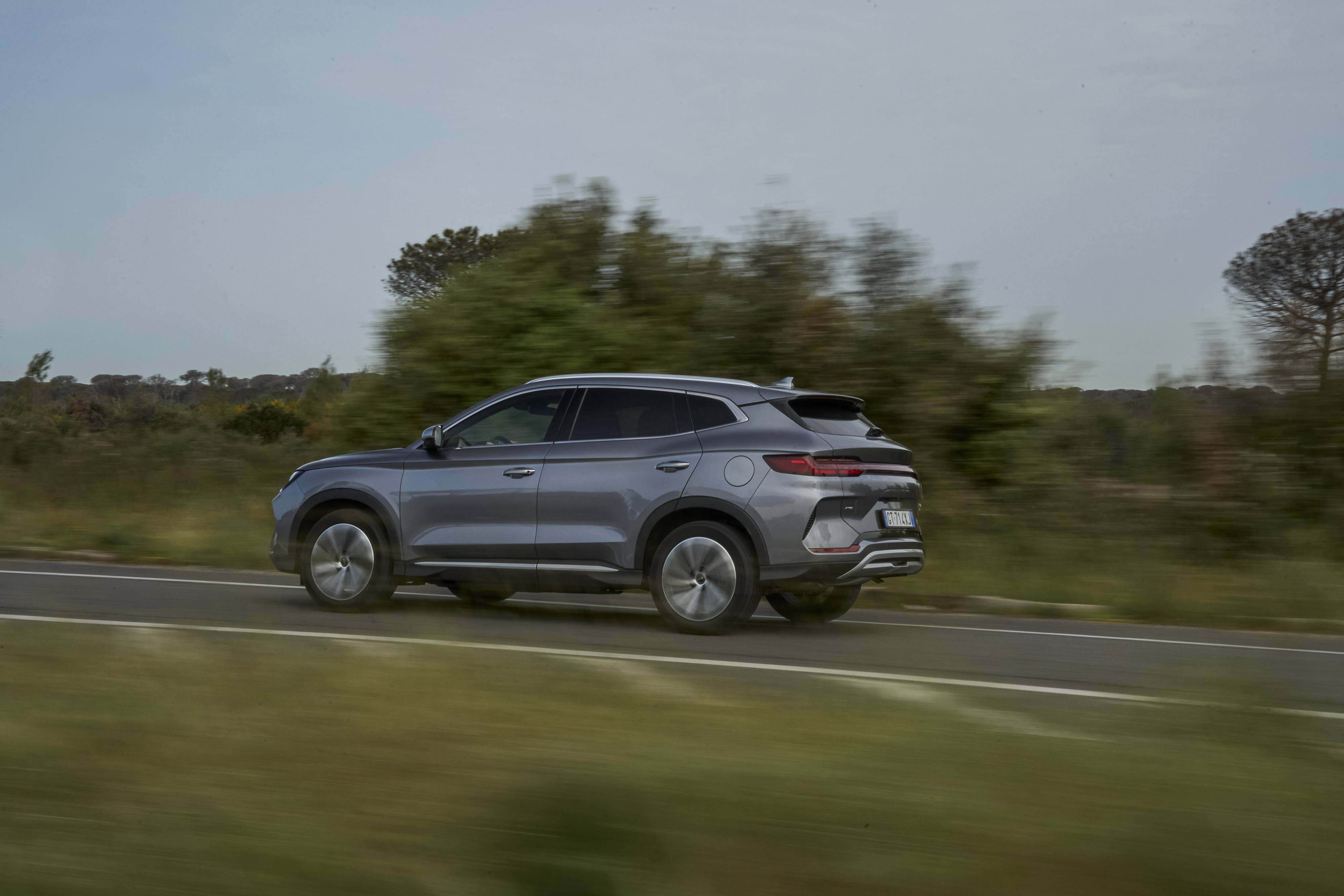
>
The Seal U is a new model both inside and out with a new interior and exterior design. However, the big news is that this BYD model will come with an engine underneath its bonnet – electrically assisted, of course – and there will be a choice of different battery packs and trim levels, too.
It also features BYD’s Blade battery technology which is cobalt-free and developed in-house to enable the best blend of safety, longevity, performance and space. BYD also says that you’re able to repeatedly charge its Blade batteries to 100 per cent without any degradation.
What’s under the bonnet?
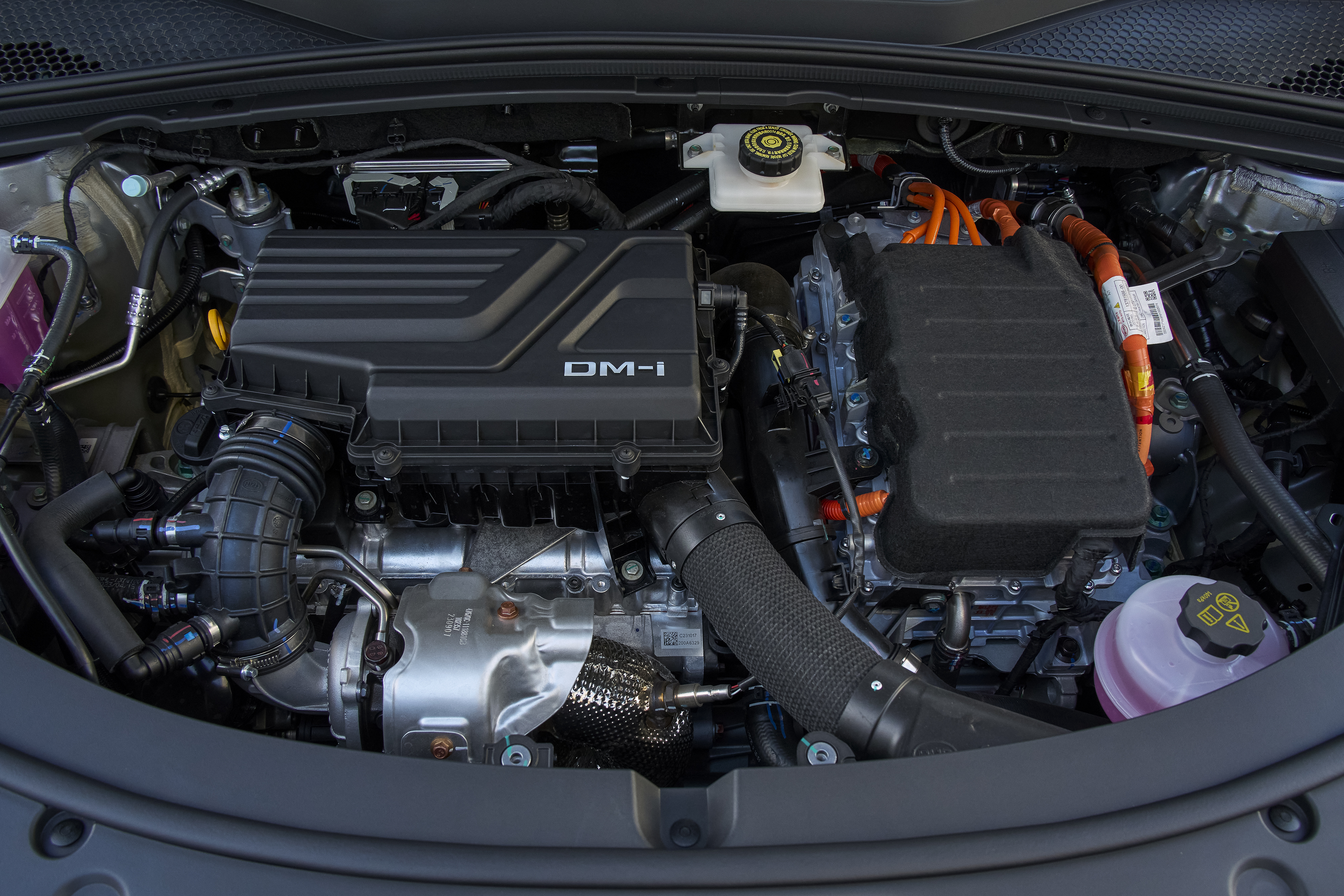
>
There are two power outputs on offer, with entry-level models equipped with an 18.3 kWh blade battery pack that’s mated to a 1.5-litre turbocharged petrol engine that produces a combined 214bhp and 300Nm of torque for the former while giving a claimed electric range of 49 miles.
Our test car, however, was the Design model which also comes with two electric motors – enabling four-wheel-drive in the process – and giving a torque figure of 550Nm and 319bhp.
A mid-spec model available this summer comes with a larger 26.6 kWh blade battery pack that produces the same power and torque figures as the lower-powered version but gives an electric range of 77 miles.
What’s it like to drive?
When you drive the Seal U, you know immediately that the car has been set up for comfort rather than driver engagement. The ride is smooth and absorbs lumps and bumps very well, remaining quiet at all speeds.
There is limited wind and road noise and the electric motors and engine work well together to make seamless changes between different drivetrains. The engine is relaxed and doesn’t groan too much, while at motorway speeds the car drives mainly on its electric motor, helping with its efficiency and refinement.
However, while the Seal U is comfortable and refined, it is by no means engaging with numb steering which feels vague both in Normal and Sport mode, and there is a lot of body roll around the corners, making the car feel nervous at higher speeds.
Although front visibility was good, looking out the rear was poor due to the small back window making it hard to see out of when reversing – thankfully the Seal U comes as standard with a reversing camera.
How does it look?
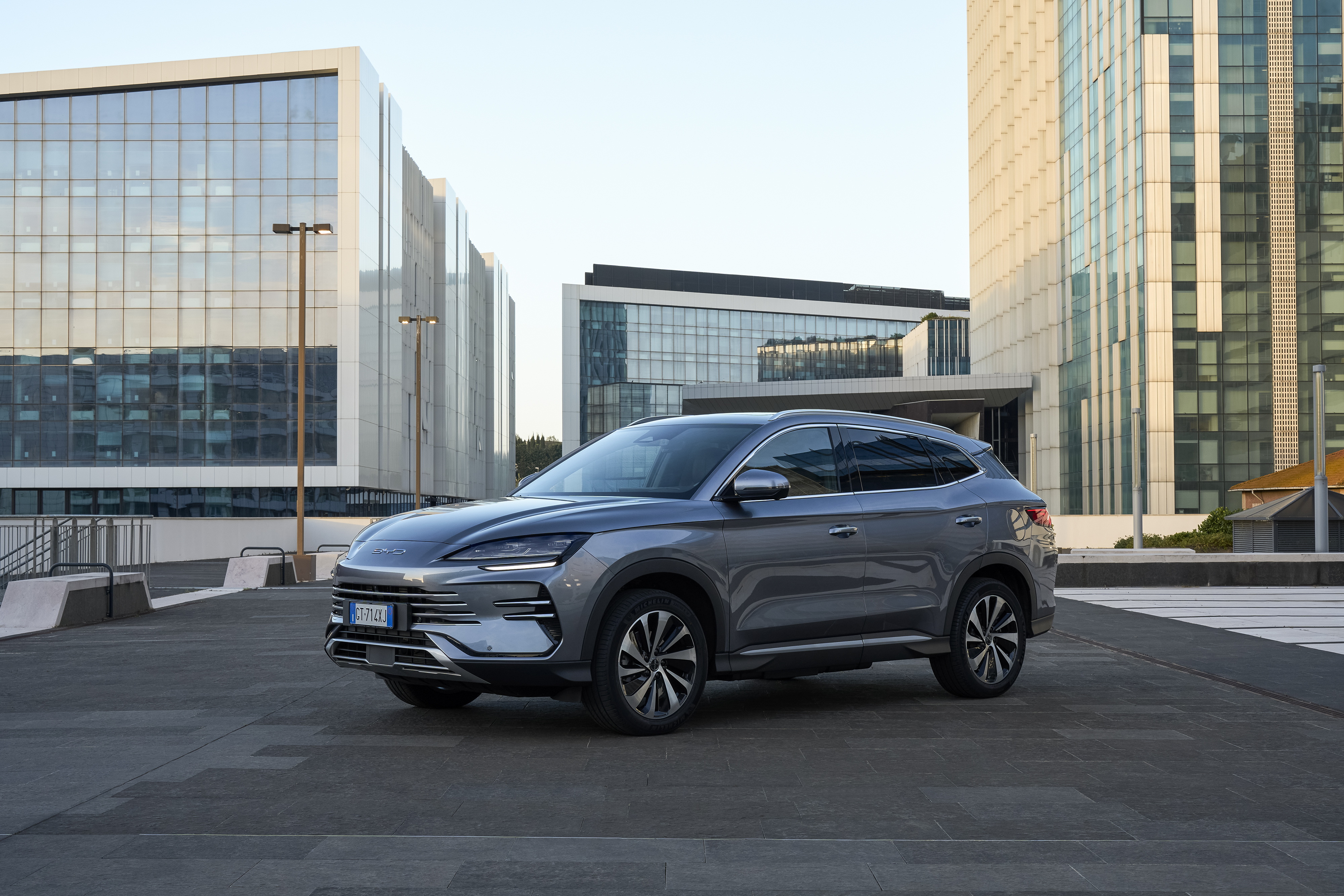
>
At first glance, the Seal U looks like most other big SUVs, but look closer and you’ll see a horizontal slatted front grille with a rounded, curved exterior.
The car uses what BYD calls ‘Ocean Aesthetics Design’, which incorporates the rest of the firm’s vehicle design language and brings headlights which have a u-shape design and fit neatly into the bonnet, while 19-inch alloy wheels and rear bumper with black and silver details give the BYD its own bespoke look.
Furthermore, the LED rear taillights have been inspired by water drop elements which relate back to the brand’s ‘Ocean Aesthetics’ design.
What’s it like inside?
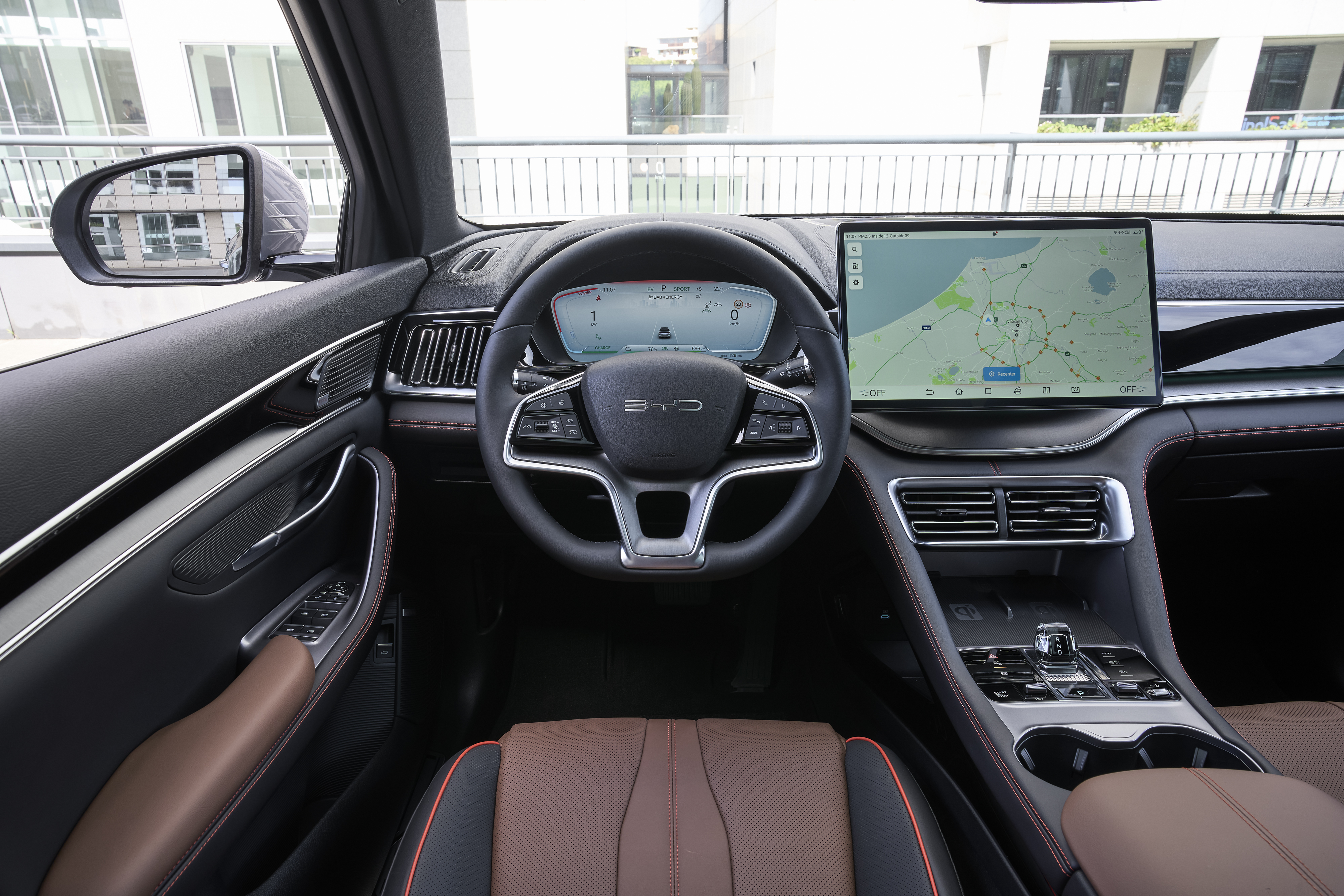
>
Inside is a nice place to be with a blend of soft-touch materials and Vegan leather. The design of the dash is minimalist with few buttons while the large infotainment screen is clear and easy to read even in direct sunlight. You’re even able to rotate the screen 180 degrees giving the driver a choice of portrait or landscape view. However, features such as climate control are still located in the infotainment screen which is fiddly to use on the move.
The seats are comfortable and have a nice design with integrated headrests, while interior storage is good with a decent-sized glove box, large cup holders and a generous centre storage bin.
In the back of the Seal U is a mixed bag, as legroom is decent. However, due to the standard panoramic glass sunroof eating into headspace, taller passengers over six feet will find their heads brushing against the roof.
Boot space is also smaller than rivals from Volkswagen and Honda, with the Seal U having a total of 425 litres with the seats up and 1,440 litres with them folded down. In comparison, a Honda CR-V’S luggage capacity is 617 litres with all its seats in place and with them down extends to 1,710 litres.
What’s the spec like?
There are three trim levels on offer, the entry-level Boost, middle-rung Comfort and top-of-the-line Design.
However, from launch, there will only be two models available with the mid-spec Comfort coming later in the year.
Prices for the UK have not been officially revealed yet, but it’s estimated that the range will start from around £33,000 and rise to £39,000.
The base level Boost comes very well equipped with LED headlights, four driving modes such as Normal, Eco, Sport and Snow, a panoramic sunroof, an electric tailgate, a 12.3-inch TFT screen, a 15.6-inch electrically rotatable touchscreen and an Infinity 10 speaker sound system.
The Design trim features extra driving modes such as Sand and Muddy and has the added benefit of four-wheel-drive.
Verdict
The Seal U is a good effort from BYD in an attempt to bring a car to a very competitive sector of the market.
It has a good-looking exterior, a very comfortable ride and if prices go by our estimates, represents great value for money, too.
It may not be the most engaging car to drive and won’t have the prestige or pedigree from the likes of Volkswagen, Mercedes or Audi but the Seal U is a sensible choice for those looking for a comfortable and well-equipped plug-in hybrid SUV.

